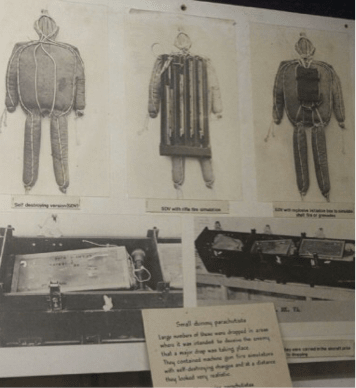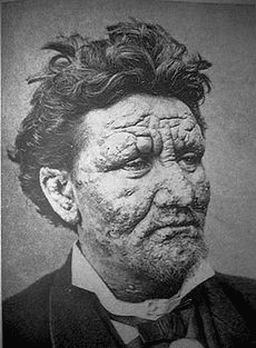|
A BBC news report relating to the drug Thalidomide and leprosy in Brazil was both interesting and enlightening
Leprosy is still very active in the country of Brazil. One so-called wonder drug helping stem its spread is thalidomide. That drug is remembered by people in the west over the age of 50 or so as one that caused severe deformities to unborn babies in the womb. Given to mothers-to-be in the 50s as a cure for morning sickness the drug caused a range of disabilities in unborn kids. Missing arms, leg, feet and or hands the children and their families face huge lifelong challenges in life. The drug was banned in the UK and other western countries but it was too late for some. 400 "thalidomide" babies were born in the UK alone. The drug was demonised and vanished from view. However, in Brazil it is being given widely to fight leprosy. The problem is that this has led to some birth defects again. Warnings are handed out with the drugs but that has not prevented "thalidomide babies" being born. The three-year-old who featured in the report had no arms nor legs, just deformed hands and feet. He was a happy little soul who was full of life and joy, with aspirations to be a footballer in due course. Little chance of that, however strong a character he is. The report said a "proportion of the population Brazil is the worst country in the world for the disease [leprosy] and each year more than 35,000 people are diagnosed with the condition". A doctor shared his thoughts that as the older generation die out thalidomide will once more be seen as the wonder drug that it is or should thta sya "can be." Those with memories of deformed babies will vanish leaving thalidomide to be seen in a new light. However, with new births in Brazil showing some deformities that is hardly likely for a long time. Medications are costly in Brazil. It is a rich country but it has a wide wealth divide with many people living in poverty. This resulted in one thalidomide baby when the Mum took one of her husband's tablets to relieve pain not realising that she was pregnant and not realising the damage she was doing to the foetus in her womb. What is leprosy? One definition online says: Leprosy (Hansen’s Disease), is a chronic infectious disease that primarily affects the peripheral nerves, skin, upper respiratory tract, eyes, and nasal mucosa. The disease is caused by a bacillus (rod-shaped) bacterium known as Mycobacterium leprae. According to Wikipedia:"Left untreated, leprosy can be progressive, causing permanent damage to the skin, nerves, limbs and eyes. Contrary to folklore, leprosy does not cause body parts to fall off, although they can become numb or diseased as a result of secondary infections; these occur as a result of the body's defenses being compromised by the primary disease.Secondary infections, in turn, can result in tissue loss causing fingers and toes to become shortened and deformed, as cartilage is absorbed into the body. At highest risk are those living in endemic areas with poor conditions such as inadequate bedding, contaminated water, and insufficient diet, or other diseases that compromise immune function. Although the mode of transmission of leprosy remains uncertain, many think that M. leprae is usually spread from person to person in nasal droplets. Studies have shown that leprosy can be transmitted to humans by armadillos. Leprosy is not known to be either sexually transmitted or highly infectious after treatment. Approximately 95% of people are naturally immune and sufferers are no longer infectious after as little as two weeks of treatment." Leprosy is unheard of in many countries in the 21st Century and it is a sad sign of the times that a country with as many millionaires as Brazil still has a problem with this poverty-based disease. Note: If you visit the Greek island of Crete and the resort of Agios Nikolaos you can visit the old leper colony, which is situated a short trip across the water on the Creatan island of Spinalonga. Sunbathing on the man-made beach at Elounda Spinalonga looks magnificent until you are told that it was a leper colony where affected locals were taken, away from their families, to live out their days. Sources and footage at the BBC https://www.newscientist.com/article/mg21929284-000-was-thalidomide-cause-of-brazil-baby-birth-defects/ https://www.ncbi.nlm.nih.gov/pubmed/23931282 http://www.thalidomidesociety.org/what-is-thalidomide/
0 Comments
|
Archives
September 2021
Categories
All
|












